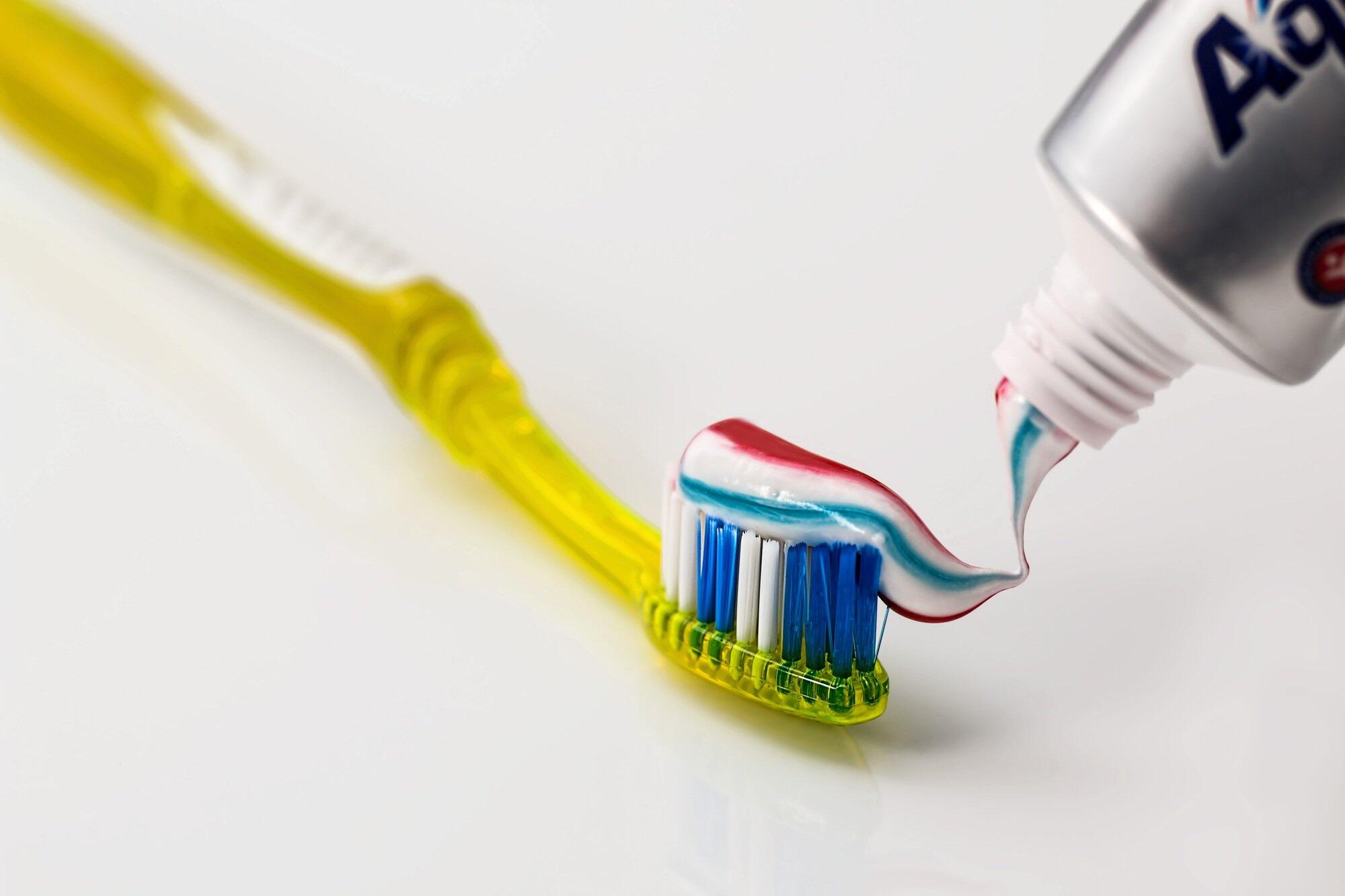
14 Aug Myths and Facts: What Happens When You Stop Using Fluoride Toothpaste?
You’re standing in the toothpaste aisle, overwhelmed by options. Suddenly, you notice more “fluoride-free” choices than ever before. You have heard that fluoride might be harmful, but you have also been told that it is essential for healthy teeth.
As you reach for your usual fluoride toothpaste, you hesitate. What would really happen if you made the switch?
What happens when you stop using fluoride toothpaste? Read on to find out.
What Happens When You Stop Using Fluoride?
There are a lot of myths about what can happen if you don’t use fluoride toothpaste.
While fluoride helps strengthen enamel and protect against cavities, stopping its use won’t result in immediate tooth decay. Not having fluoride can make your teeth more prone to cavities, especially if you eat a lot of sugary and acidic foods.
However, you don’t need to be overly cautious. Fluoride at the levels used in toothpaste and public water supplies is safe and effective. Extensive research supports the safety of fluoride in preventing tooth decay.
Concerns about fluoride often stem from misinformation or confusion about dosage. The small amount in toothpaste is not harmful when used as directed.
The idea that stopping fluoride use will “detoxify” your body lacks scientific backing. Fluoride in controlled amounts helps maintain dental health without adverse effects.
Keep in mind that the effects of stopping fluoride use can vary greatly among individuals. Some people with excellent oral hygiene habits may not see significant changes. Others, especially those with a history of cavities or poor enamel, might experience more rapid deterioration of dental health.
Oral Health Without Fluoride
Navigating oral health without fluoride requires a heightened focus on alternative preventive measures to maintain strong and healthy teeth.
Regular dental check-ups and getting professional cleanings are super important when you are not using fluoride toothpaste. Our dentists can provide fluoride treatments or sealants if necessary and catch potential issues before they become serious problems.
During your routine checkup, our dental hygienists help remove tartar buildup that regular brushing and flossing can’t eliminate.
Brushing your teeth at least twice a day with a fluoride-free toothpaste can still help remove plaque and prevent tartar buildup. Brush your teeth for two minutes, making sure to reach all areas of your mouth, including the gum line and the back of your teeth.
Flossing every day is important. It helps remove food and plaque from between your teeth and under your gums. These areas are hard for your toothbrush to clean.
Fluoride Alternatives
For those seeking alternatives to fluoride toothpaste, several options are available. Many natural and organic toothpastes use ingredients like xylitol, calcium phosphate, or herbal extracts to promote oral health.
Xylitol is a natural sugar. It may help reduce bacteria that cause cavities. It can also increase saliva, which protects against acids in the mouth. Some brands incorporate nano-hydroxyapatite, a biocompatible form of calcium phosphate that may aid in remineralizing tooth enamel.
Herbal alternatives often include ingredients like neem, green tea extract, or essential oils known for their antibacterial properties. While these alternatives can contribute to overall oral hygiene, it’s important to note that their effectiveness in preventing cavities may not match that of fluoride.
Some people use oil pulling, an ancient practice. They swish oil, typically coconut oil, in their mouth. This helps to reduce harmful bacteria.
Fluoride-Free Toothpaste Benefits
Choosing fluoride-free toothpaste can offer several benefits, particularly for those with specific health concerns, personal preferences, or environmental considerations
Many fluoride-free toothpastes are formulated with natural ingredients, which can be gentle on the teeth and gums. Some possible ingredients include baking soda, essential oils, and herbal extracts.
These ingredients often come with additional benefits that help with your overall health. These might include antimicrobial properties from tea tree oil or soothing effects from aloe vera.
Environmental considerations also play a role in the choice of fluoride-free toothpaste. Many of these products are packaged in eco-friendly materials and avoid synthetic chemicals that can harm the environment. For environmentally conscious consumers, fluoride-free toothpaste aligns with their values and commitment to reducing their ecological footprint.
Some people have medical conditions or use homeopathic treatments. They may prefer fluoride-free toothpaste. This is because it won’t disrupt their health routines.
For individuals with dry mouth conditions, certain fluoride-free toothpastes are specifically formulated to help alleviate symptoms. These oral care products often contain ingredients that help stimulate saliva production or provide long-lasting moisture to the oral cavity. That can help comfort and reduce the risk of decay associated with dry mouth.
Children and Fluoride Use
Fluoride helps prevent tooth decay, especially in children, as their new teeth are more likely to get cavities. Studies have shown that children who use fluoride toothpaste have significantly fewer cavities compared to those who don’t.
However, some parent’s express concerns about fluoride ingestion. That’s especially concerning in young children who may swallow toothpaste. It’s important to note that while excessive fluoride intake can lead to dental fluorosis, the amounts typically used in toothpaste are considered safe when used as directed.
For parents considering fluoride-free options for their children, it’s essential to understand the potential implications. Without fluoride, children are more likely to get cavities. Cavities can cause pain and infections. If left untreated, they may also lead to growth problems.
Decisions about fluoride use in children should be made in consultation with one of our pediatric dentists or your healthcare provider. Our team can assess a child’s individual risk factors for cavities and provide tailored recommendations.
We can also guide parents on proper brushing techniques and supervise fluoride use to maximize benefits while minimizing risks.
What Happens When You Stop Using Fluoride Toothpaste? Now You Know
What happens when you stop using fluoride toothpaste? It depends. With the right approach, you can still have perfectly healthy teeth!
Are you looking for a dentist in Tampa or Wesley Chapel? McIlwain Dental Specialists is dedicated to providing our patients with compassionate care throughout their lifetime.
Contact us today.


